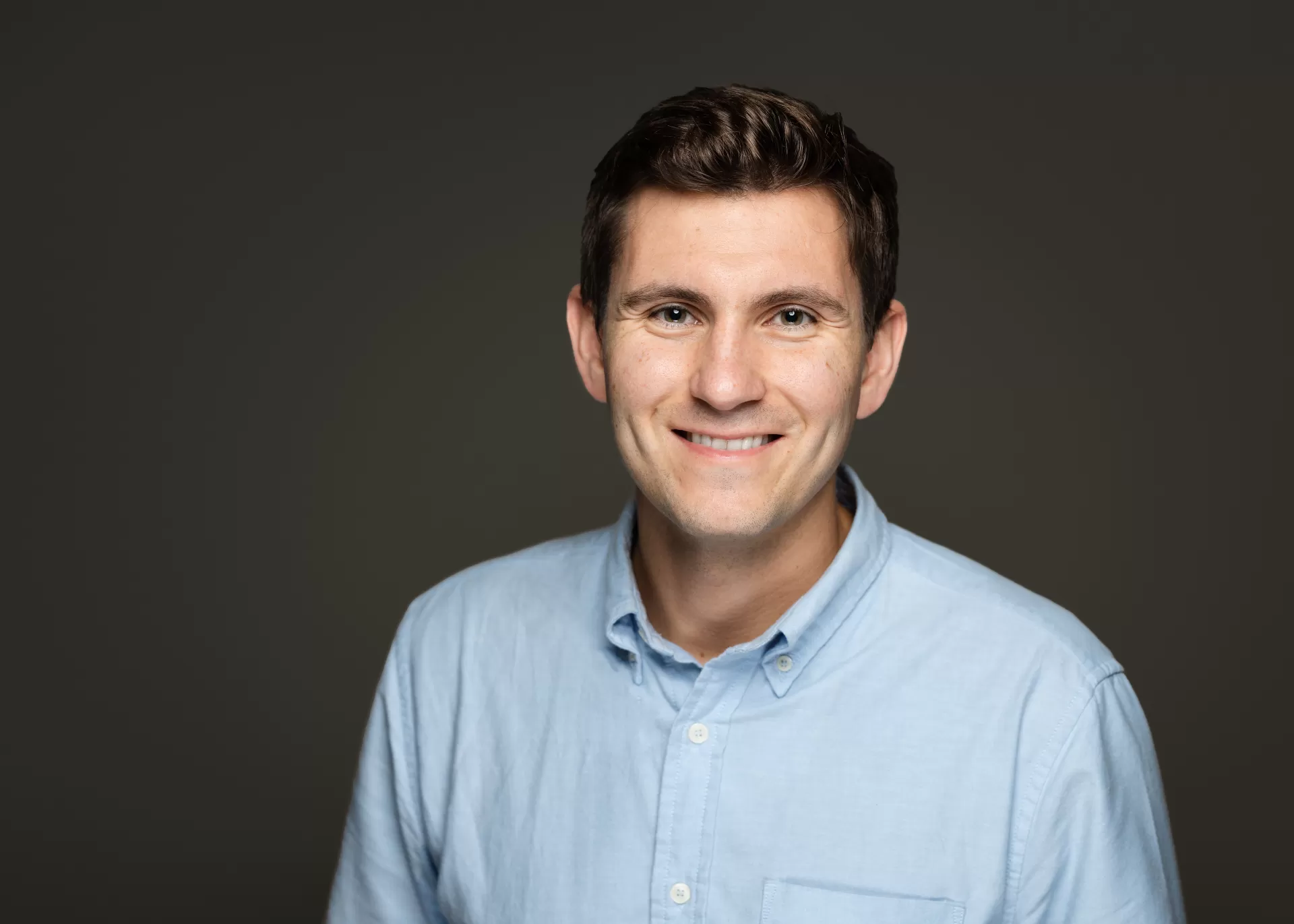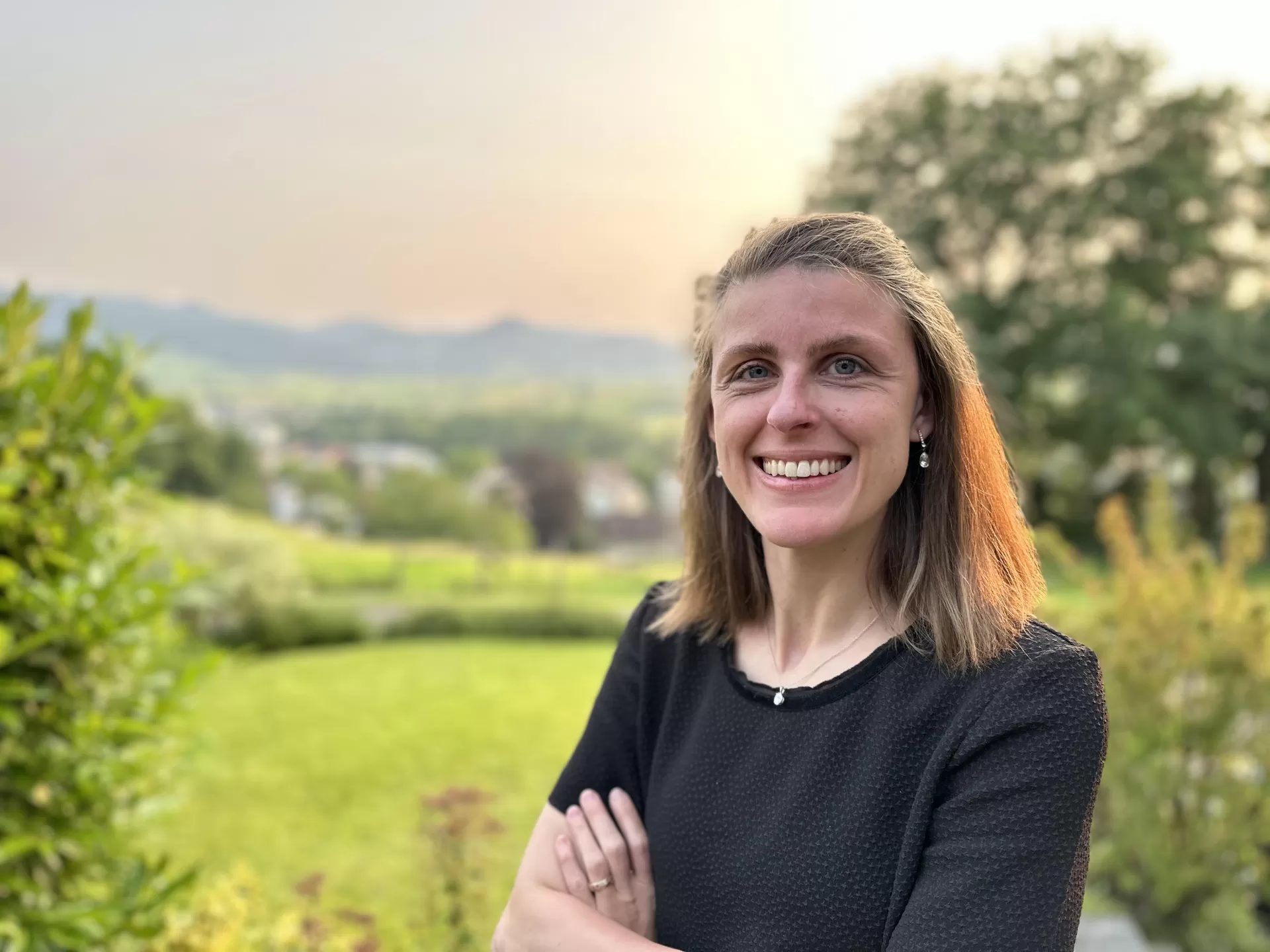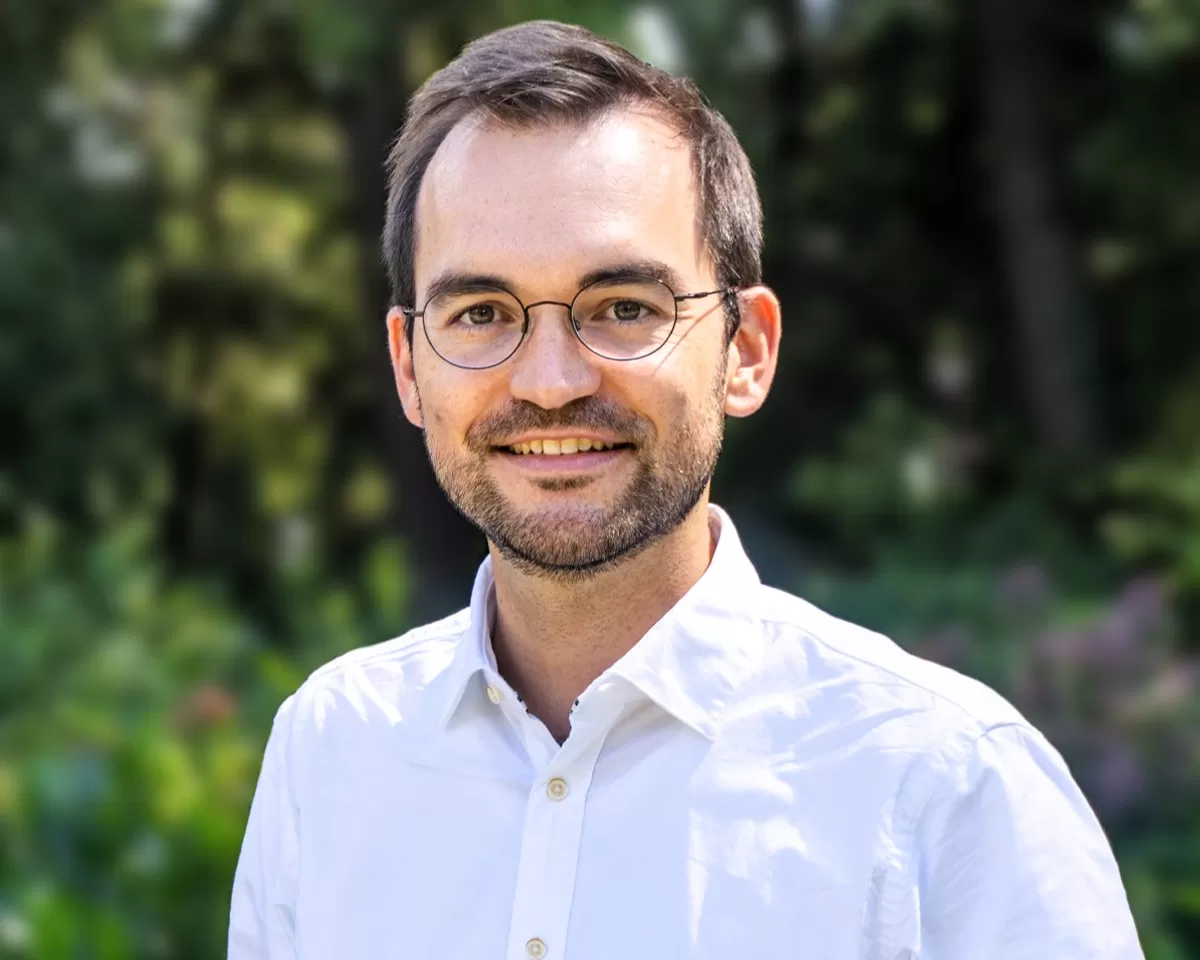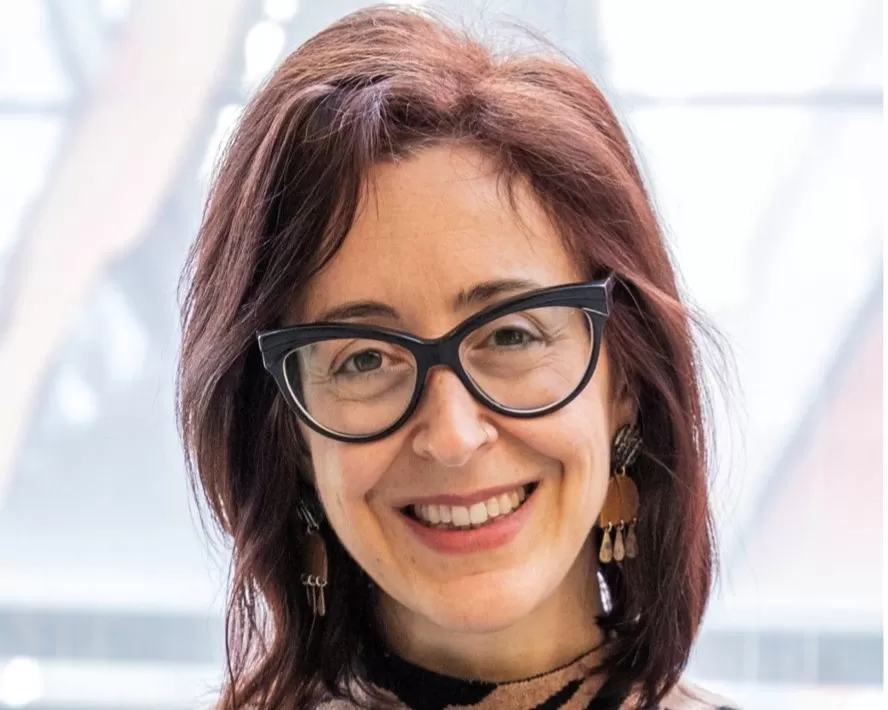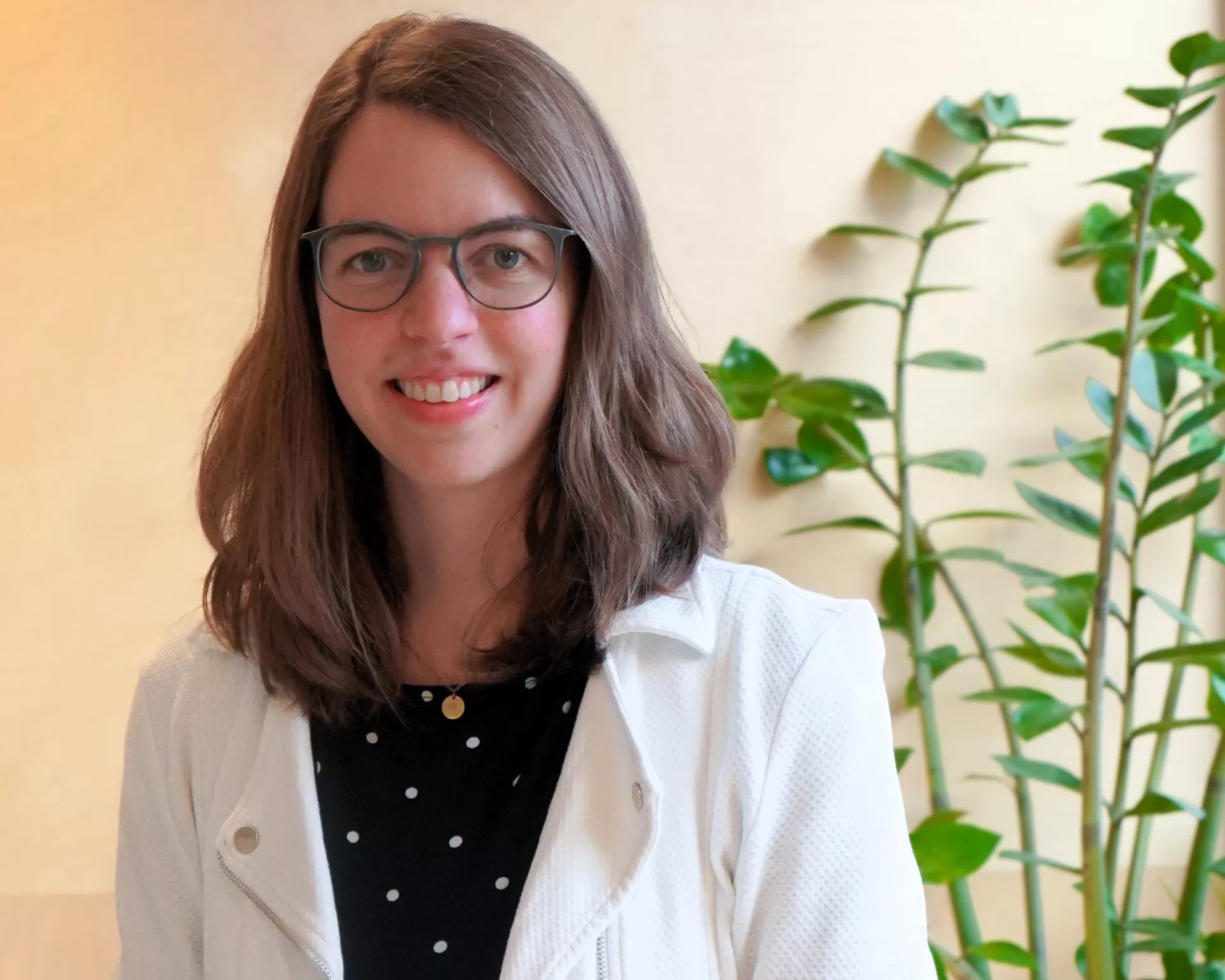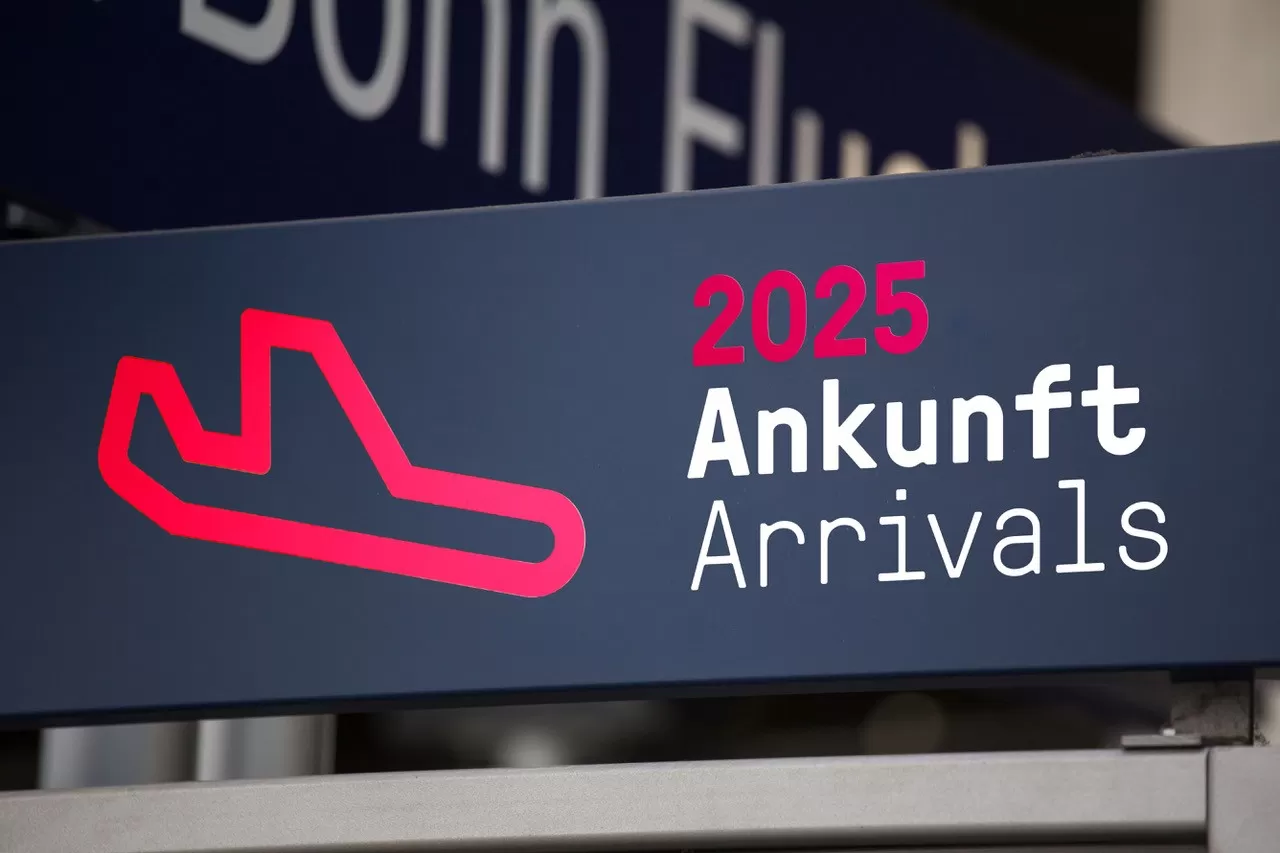
International appointments strengthen German universities
Five excellent researchers have moved from Harvard, Stanford, Princeton, Queen Mary University of London, and the University of Southern Denmark to take up professorships at German universities with support from Wübben Stiftung Wissenschaft. The new appointees will reinforce the research being done in Germany into subjects of importance for the future: from quantum communication and climate policy to migration and the environmentally friendly degradation of plastics. The professorships that are being funded unite research excellence with societal relevance. Up to €4 million of funding will be provided in total.
“Excellent research relies on excellent researchers – and the best work all over the world. We help German universities recruit these top talents. Our funding provides excellent research conditions and customized solutions to facilitate their transition to Germany. This can make all the difference,” commented Marion Müller of the Wübben Stiftung Wissenschaft Management Board.
The following researchers and topics are being funded by Wübben Stiftung Wissenschaft:
Quantum communication and quantum materials
Two new professorships are dedicated to the fundamentals of future quantum technologies: Nicholas Güsken, who has been working in Stanford recently and holds a PhD from Imperial College London, will be researching optical interfaces for quantum networks at Paderborn University. He turned down an American offer to come to Germany. Nadine Leisgang is bringing her expertise from Harvard University to Marburg. Her research into extremely thin quantum materials that interact with light in unusual ways will lay the foundations for future quantum light sources and optoelectronic components.
Social consequences of climate change
What impacts is climate change having on society? The environmental economist Manuel Linsenmeier will be investigating economic inequalities under different climate change scenarios at Goethe University Frankfurt. His analyses are rooted in big data and machine learning – and intended to inspire fair climate policies. Linsenmeier has relocated from Princeton University.
Migration and human rights
Violeta Moreno-Lax, an expert on international law, will be leading the Centre for Fundamental Rights at the Hertie School in Berlin. Her research is concerned with value conflicts, political tensions, and the handling of migration – one of the major controversial issues globally. Moreno-Lax previously founded the (B)OrderS Centre at Queen Mary University of London and has received several awards.
Enzymes against plastic waste
Erna Wieduwilt will be working at the University of Duisburg-Essen to identify biochemical solutions for a global problem: plastic waste. She will utilize enzymes, crystalline structures, and machine learning to develop new pathways towards the environmentally friendly degradation of plastics. Her previous post was at the University of Southern Denmark.
About the Foundation
Wübben Stiftung Wissenschaft is a private grant-making foundation based in Berlin. Its aim is to strengthen Germany as a science and research hub by supporting outstanding international scientists at various stages of their careers. With its professorship funding programs, it encourages German universities to adopt a more international outlook.
The new fellows and professors
Nicholas Güsken, Paderborn University: quantum communication
Nicholas Güsken, a physicist and nanotechnologist, has moved from Stanford University to Paderborn, where he will build up the Quantumphotonics & Optoelectronics Research Group, working on tunable light-matter interactions. He studies how light can be controlled with targeted interventions in order to develop new technologies for quantum networks and quantum communication. It is possible for certain materials to interact with light in ways that allow light particles to be used for the transmission of information between quantum nodes. Güsken wrote his PhD thesis on light-matter interactions at Imperial College London and held a Leopoldina fellowship at Stanford, where he conducted research into optical interfaces. His appointment has been facilitated by cooperation between Paderborn University, Wübben Stiftung Wissenschaft, and the Returning Scholars Program of the State of North Rhine-Westphalia.
Nadine Leisgang, Marburg University: quantum materials
The professorship assumed by the physicist Nadine Leisgang is also devoted to quantum research. She will be working at Marburg University, researching novel quantum systems based on extremely thin, “two-dimensional” materials. These can be stacked in layers like building blocks and are characterized by their exceptionally intense light interactions. They are consequently well suited for optoelectronic applications – such as particularly small light-emitting diodes or quantum communication components. Her research requires highly specialized equipment for the production, structuring, and analysis of these materials. Leisgang has received a number of awards and can look back on more than ten years’ involvement in international research. Most recently, she has been working as a postdoctoral research fellow at Harvard University.
Manuel Linsenmeier, Goethe University Frankfurt am Main: social costs of climate change
The environmental economist Manuel Linsenmeier has taken up a position at Frankfurt and will be researching socioeconomic inequalities in the context of climate change. One central project will investigate extreme climate scenarios for Europe and their economic repercussions. Others will deal with the political economy of climate policy and the health risks and costs caused by climate change. Methodologically, Linsenmeier’s work is data-driven, drawing on machine learning and big data. Based at Goethe University Frankfurt’s newly established Center for Critical Computational Studies (C3S), his research will raise the university’s profile in the fields of sustainability and climate resilience and promote international networking. Linsenmeier has received multiple awards and boasts international teaching experience. He did his PhD at the London School of Economics, worked as a postdoctoral research scientist at Columbia University, and was until recently a research associate at Princeton University.
Violeta Moreno-Lax, Hertie School: value conflicts
Violeta Moreno-Lax, a world-leading expert in international and EU law, has moved to the Hertie School in Berlin, where she has been appointed Professor of International Law and Director of the Centre for Fundamental Rights (CFR). As the CFR’s Director, Moreno-Lax will engage in research on value conflicts at the international level – one of the key global fault lines of our time. Values shape political debates, influence election outcomes, and affect the stability of political systems. Violeta Moreno-Lax intends to analyze these dynamics from legal, political, and ethical perspectives – with a particular focus on migration. She was Professor of Law at Queen Mary University of London, where she founded the (B)OrderS Centre for the Legal Study of Borders, Migration and Displacement. Before moving to the Hertie School, she held the ICREA Research Professorship in International and European Law at the University of Barcelona. Her work has been cited by leading courts, including the Court of Justice of the European Union and the Belgian Council of State.
Erna Wieduwilt, University of Duisburg-Essen: degrading plastic with copper enzymes
The chemist Erna Wieduwilt will be pursuing research into the enzymatic degradation of plastics at the University of Duisburg-Essen. Her approach integrates crystallography, machine learning, enzymology, and computer-assisted chemistry. She utilizes enzymes that break down biomass and are also able to split synthetic polymers – the goal being to develop them further for plastic recycling. Her innovative work holds out the prospect of significant progress being made in the treatment of the growing volumes of plastic waste. Wieduwilt most recently worked as a postdoctoral fellow at the University of Southern Denmark under a Marie Skłodowska-Curie Fellowship. She gained her PhD at the University of Lorraine in France. Alongside support from Wübben Stiftung Wissenschaft, the Returning Scholars Program of the State of North Rhine-Westphalia has helped fund her appointment.
